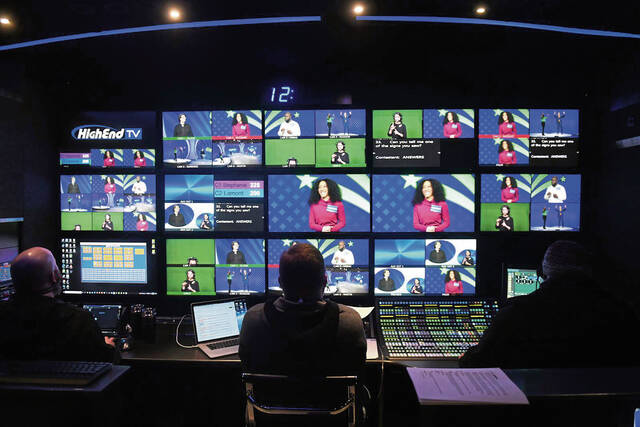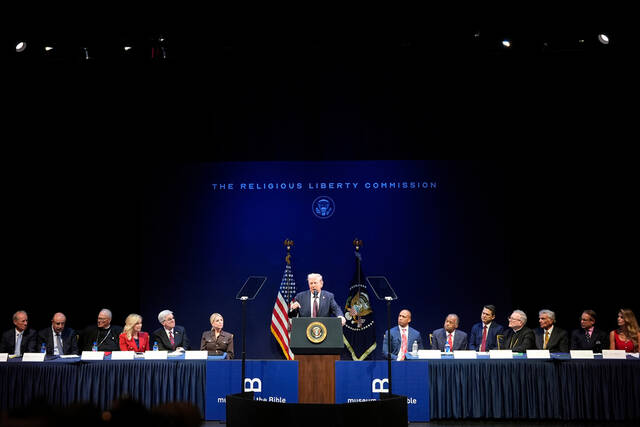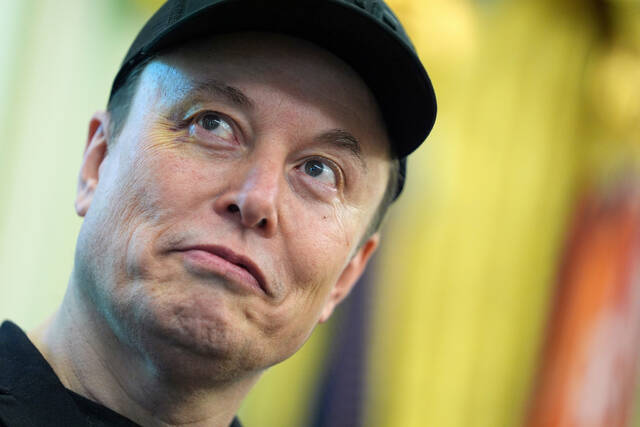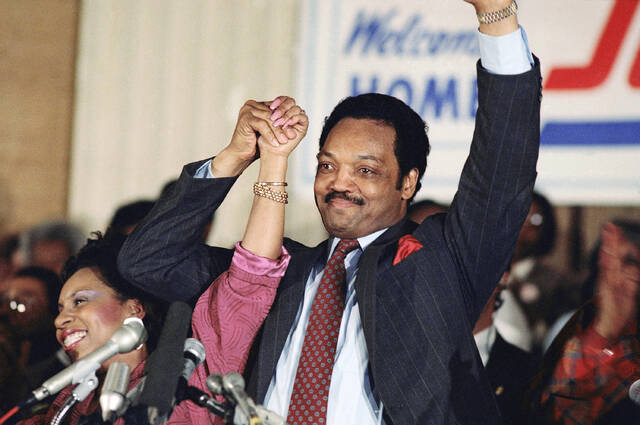Joseph Sabino Mistick’s column “Local radio stations show how to fight back in tough times” (Aug. 2, TribLive) raises a critical issue: how public media organizations respond to the unprecedented elimination of federal funding.
We welcome healthy debate about the future of public broadcasting and believe it’s important to set the record straight about WQED’s response.
WQED is not throwing in the towel.
We are fighting for the future of public media — and for Pittsburgh — thoughtfully, responsibly and for the long term.
WQED lost much more than a $1.8 million grant. Congress clawed back $535 million in annual funding for essential programming and services. As we’ve said, that will have a domino effect that decimates the local-to-national system as we know it.
Even if WQED replaced the full $1.8 million tomorrow, we’d still face the same structural headwinds affecting every public media organization in America: steeply declining audiences for traditional television and radio. We must also account for other grants that were canceled and funding that stopped coming from Harrisburg in 2021.
This is not a short-term crisis.
It is a systemic shift that requires us to rethink how we operate — not just how we fundraise. It is a moment for sustained strategy for survival.
Yes, WQED has made hard decisions, including layoffs. We did so not to retreat but to preserve our core: PBS shows, trusted programming Pittsburgh families rely on; WQED-FM, the region’s only classical music station; and our Learning Neighborhoods, which build vital bridges between families, educators and dozens of schools, libraries and community partners.
Yes, we made a strategic choice to restructure our marketing and membership functions — not because we’re giving up on engaging the community but because we must find more effective and less expensive ways to do so.
That’s not surrender. That’s stewardship.
As a nonprofit organization, we owe our neighbors more than emotion. We owe them transparency, prudence and results. We’re grateful for our many new members, those who have increased their contributions and all who called elected officials on our behalf.
This moment is bigger than any single campaign or news release. The road ahead requires innovation, new products and expanded partnerships. It demands new revenue streams and smarter digital strategies. It will take time — and it must be done right.
We are proud of our colleagues across the country, including WESA and WYEP. Their success is our success because public media is not a competition — it’s a shared cause.
As we’ve said: WQED may be smaller in size, but our impact must grow.
That’s not giving up. That’s gearing up — not for next month or next year but for a future where public media remains strong, independent and truly public.
Jason Jedlinski is president and CEO of WQED Multimedia.








